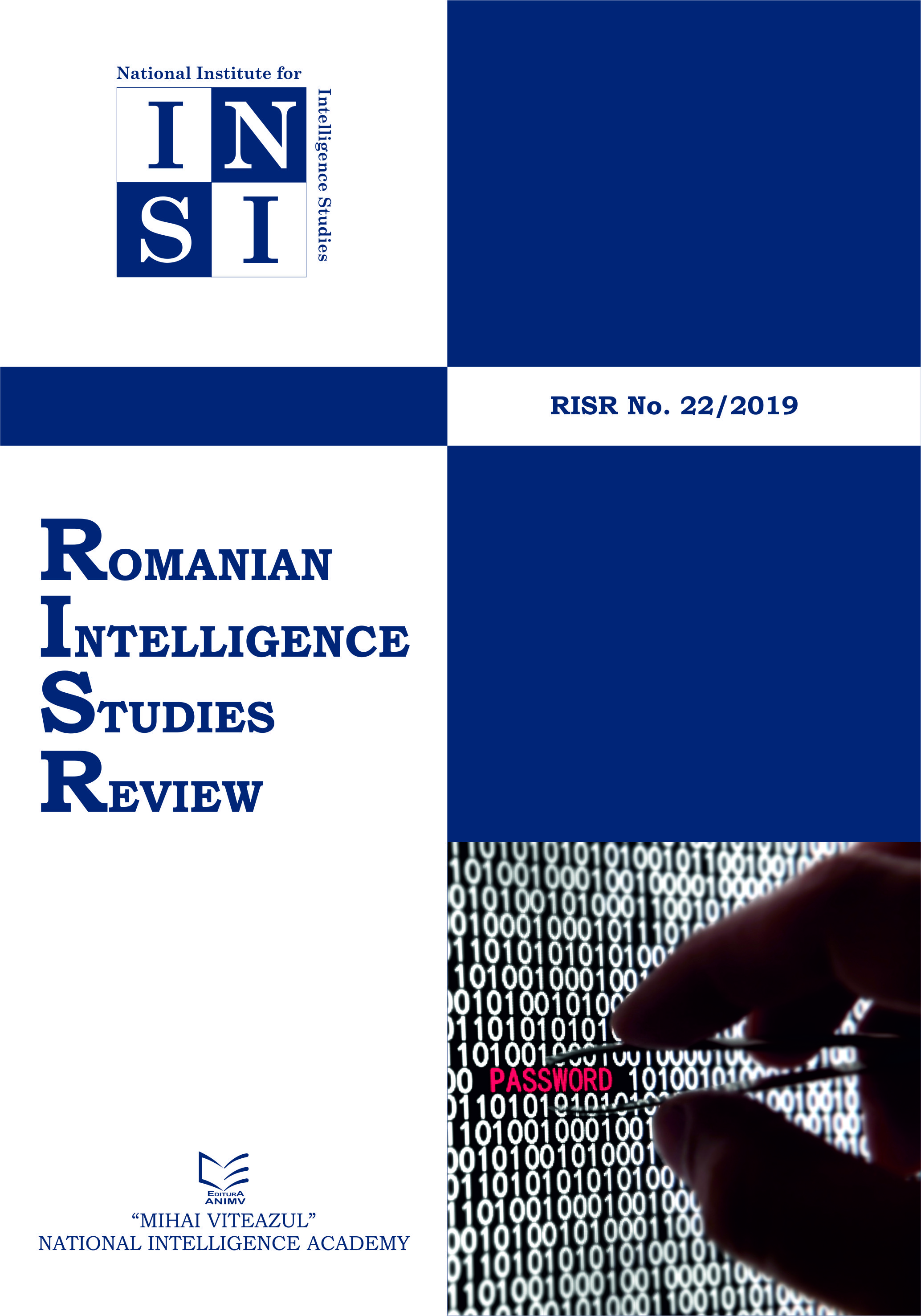Anger management – considerations and reflections useful for first line practitioners working with youth vulnerable to radicalization
Anger management – considerations and reflections useful for first line practitioners working with youth vulnerable to radicalization
Author(s): Cristina IVANSubject(s): Politics / Political Sciences, Politics, Social Sciences, Psychology, Security and defense, Behaviorism
Published by: National Institute for Intelligence Studies
Keywords: management; anger; first line practitioners; radicalisation;
Summary/Abstract: Anger is a fundamental emotion. It is also one of the basic human emotions, namely one that is experienced by all people. Fear, anger, sorrow, joy, disgust, acceptance, anticipation, and surprise are among the most cited to take part in the basic emotions range. (Picard, p. 6) Anger is considered a natural and mostly automatic response to adverse acts. The present article will, therefore, look into how to better understand anger, its origins as a basic human emotion, its biological and psychological characteristics, and its place in the life of the individual and of the community, as well as in a cultural system we may share and inherit. Last but not least, it is our intention to identify and describe various strategies and techniques used by educators, coaches and therapists in teaching and promoting anger management and to highlight those strategies and interventions that might also prove useful for the daily routine of different segments of first-liners working with children and youth vulnerable to radicalisation and violent extremism.
Journal: Romanian Intelligence Studies Review
- Issue Year: 2019
- Issue No: 22
- Page Range: 137-154
- Page Count: 17
- Language: English

